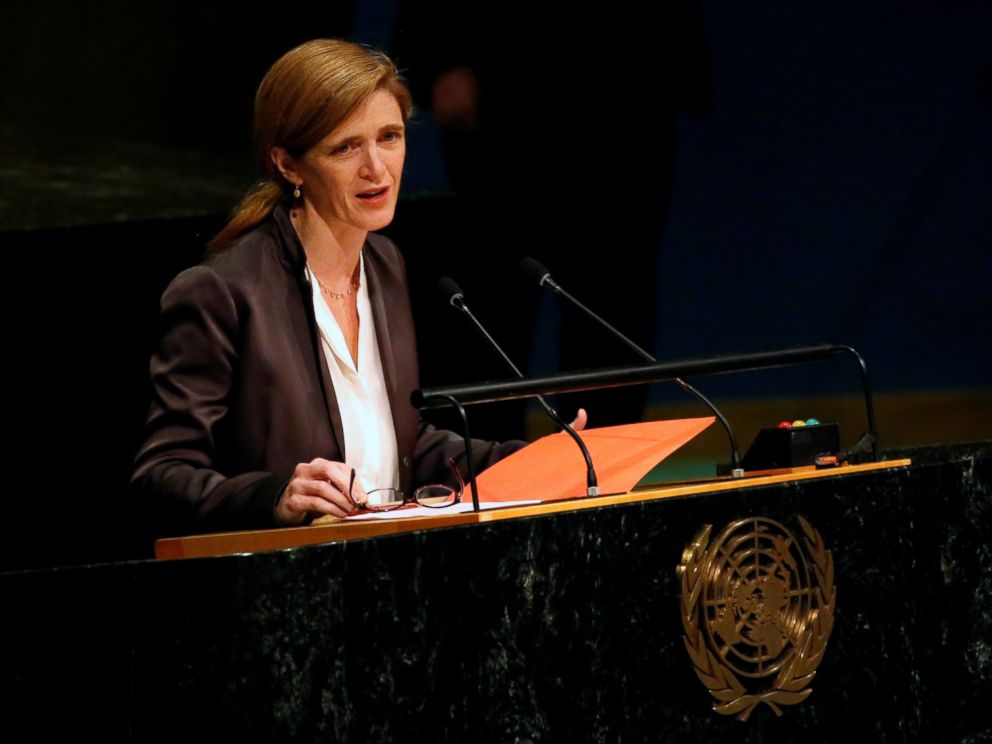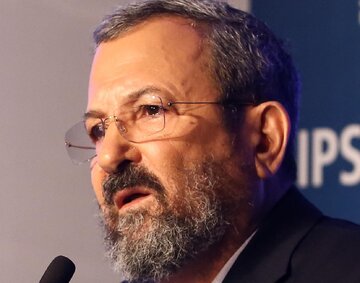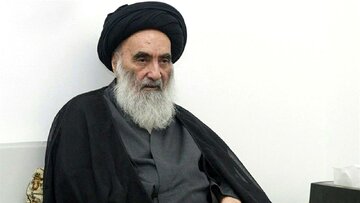(AhlulBayt News Agency) - Human Rights Watch says the US should stop supplying arms to the Saudi Arabia instead of calling on Riyadh to halt its deadly airstrikes on Yemeni civilians.
During remarks made to the UNSC on Monday, US Ambassador to the UN Samantha Power called on Riyadh to halt its airstrikes on schools, hospitals and other civilian targets.
"Ambassador Power's remarks, calling for an end to unlawful strikes that kill civilians and hit protected civilian objects, are certainly welcome. But the US has repeatedly failed to acknowledge its own role providing vital support to those airstrikes by refueling coalition planes and continuing to supply Saudi Arabia with US weapons," HRW’s senior emergencies researcher Priyanka Motaparthy was quoted by ABC News as saying on Tuesday.
She noted that the rights group has on multiple occasions called on Washington to stop selling arms to the Saudis and to stop fueling their jets.
“It's time for the government to go beyond just statements and suspend their support," she added.
In her remarks to the U.N. Security Council Monday, Power said the U.S. "calls on the parties to recommit immediately to the cessation of hostilities, which means halting all military actions on the ground, in the air, and at sea. That includes an end to shelling and an end to airstrikes."
She continued: "Airstrikes that hit schools, hospitals, and other civilian objects have to stop. In many cases, these strikes have damaged key infrastructure that is essential to delivering humanitarian aid in Yemen."
"The United States strongly condemns the airstrike on mourners at a reception hall in Sana’a earlier this month. This strike left 140 mourners dead and more than 600 injured," Power added.
At the time, the investigation led by HRW found that the bomb used in the attack was US-made.
After Samantha Power, the United States ambassador to the United Nations, demanded Saudi Arabia end its devastating airstrikes in Yemen, advocacy groups were quick to point out that the U.S. has been largely complicit in the carnage in Yemen by supplying the Saudi-led coal The bomb that was used in the airstrike on the funeral in Sana'a was actually a U.S.-made bomb, according to an investigation led by HRW that reviewed photos and video footage from the scene of the attack.
Amnesty International also revealed in September that a U.S.-made bomb was used in a Saudi-led airstrike on a Doctors Without Borders (an aid group commonly known by its French acronym, MSF) hospital in Northern Yemen over the summer. That strike killed 11 and caused MSF to withdraw from the area, taking with it critically needed health care services.
Advocacy groups have called on the U.S. for months to stop supplying weapons and assistance to Saudi Arabia because of the Saudi-led coalition's apparent indiscriminate use of these arms on civilians in Yemen. ition with arms and support.
Saudi Arabia has been launching airstrikes on Yemen since March 2015. The war was launched in an unsuccessful attempt to reinstate Abd Rabbuh Mansur Hadi, who has resigned as Yemen’s president. The UN puts the death toll from the military aggression at over 10,000.
/129
Amnesty International also revealed in September that a U.S.-made bomb was used in a Saudi-led airstrike on a Doctors Without Borders (an aid group commonly known by its French acronym, MSF) hospital in Northern Yemen over the summer. That strike killed 11 and caused MSF to withdraw from the area, taking with it critically needed health care services.
Advocacy groups have called on the U.S. for months to stop supplying weapons and assistance to Saudi Arabia because of the Saudi-led coalition's apparent indiscriminate use of these arms on civilians in Yemen. ition with arms and support.





